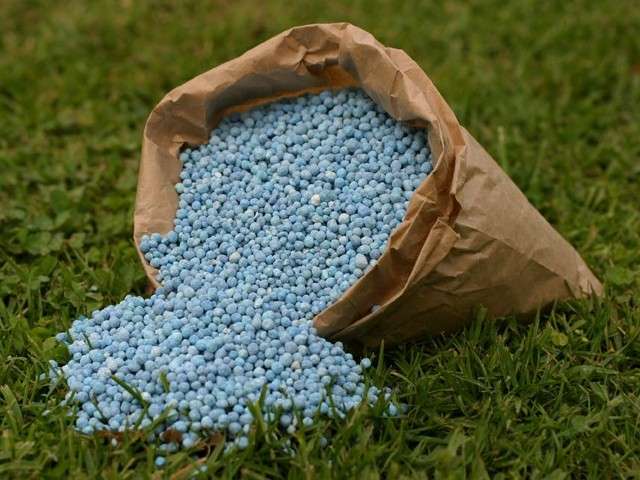 Global fertiliser shake-up after cartel falls apart
Global fertiliser shake-up after cartel falls apart
One of the two big cartels controlling the potash market has fallen apart after a leading Russian producer of the vital ingredient in fertiliser announced its withdrawal from the group, sending sector share prices tumbling.
In a move likened to a break-up of Opec, the oil producers’ club that controls output, Uralkali pulled out of the Belarus Potash Corporation export cartel after it accused its Belarusian partner of violating an agreement and selling outside the partnership.
Uralkali predicted the potash price would fall 25 per cent after the end of the arrangement. “This is as if Saudi Arabia left Opec – for the potash sector this is huge,” said Jeremy Redenius, an analyst at Bernstein.
The two cartels – BPC and North America’s Canpotex, which includes PotashCorp of Saskatchewan, Agriumand Mosaic – have maintained prices well above marginal production costs by refraining from flooding the market.
Following Uralkali’s decision, a combined $20bn was wiped from the market capitalisations of seven leading potash producers. Joel Jackson, analyst at BMO Capital Markets in Toronto, said the breakdown of the BPC cartel marked “the end of the potash world as we know it”.
Uralkali’s shares fell 17 per cent, while PotashCorp andMosaic were down 23 per cent and 22 per cent respectively. K+S of Germany, which is not in either cartel and is seen by analysts as relatively exposed to a lower price, declined 21 per cent. In London, Sirius Minerals fell 14 per cent.
The announcement by Uralkali comes only days after it revealed that Alexander Nesis, the Russian billionaire, had sold his 5 per cent stake in the group.
Vladislav Baumgertner, Uralkali’s chief executive, said potash prices could fall from about $400 to $300 per tonne after the change in strategy. He said co-operation within the BPC framework was in “deadlock” and blamed Belaruskali for making some deliveries outside the joint venture.
With Uralkali selling through its own trading company and producing at 100 per cent capacity, “we expect the competition on the potash market to increase, which will put pressure on the price that might go to under $300 per tonne by the end of 2013”, Mr Baumgertner said on Tuesday.
Mr Baumgertner said Uralkali would try to boost sales from 10.5m tonnes this year to 14m tonnes in 2015.
The outlook for potash is linked to expected world demand for food and is being closely watched by BHP Billiton, the world’s largest mining group by market capitalisation. BHP is trying to decide whether to take a substantial step into the market by committing billions of dollars to the development of a mine in Canada. BHP declined to comment.
K+S said it was irritated by Uralkali’s announcement and insisted positive medium- and long-term trends for potash fertilisers remained unchanged. “We will monitor further developments very closely,” the German group said.
Suleiman Kerimov, another Russian billionaire, holds more than 17 per cent of Uralkali. Mr Kerimov’s investment group said it supported Uralkali’s new strategy. “We view the fundamentals of the potash industry as strong and have confidence in the growth potential of this market,” it said.










Add comment